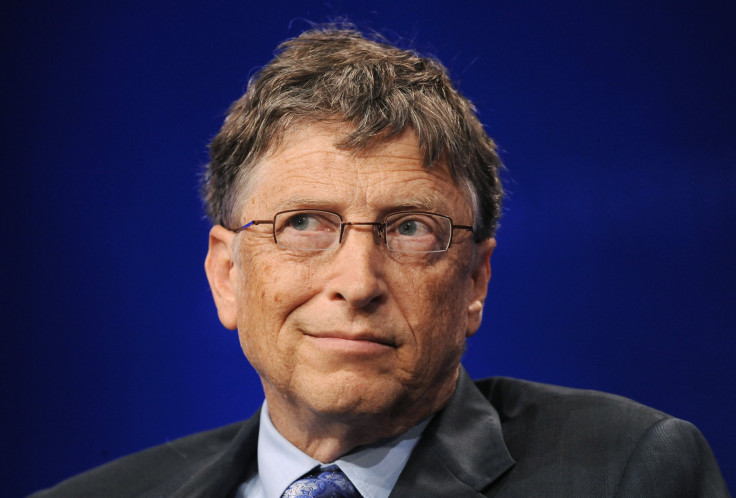How Bill Gates Intends To Save $233 Billion From Being Flushed Down The Toilet

The Bill & Melinda Gates Foundation on Tuesday joined global innovators, investors and developers at the Reinvented Toilet Expo in Beijing, where billionaire philanthropist and Microsoft co-founder Bill Gates revealed a futuristic toilet that needs no water, or sewers and uses chemicals to transform human waste into fertilizer.
Gates says the reinvention of one of human’s most important necessities may save 500,000 lives and save over $200 billion.
The foundation has spent $200 million over a seven-year period to fund sanitation research. He has introduced 20 innovative toilet and sludge-processing conceptions that remove toxic pathogens and transform human waste into clean water and fertilizer.
"The technologies you’ll see here are the most significant advances in sanitation in nearly 200 years," Gates said.
To demonstrate a new approach for sterilizing human waste, Gates used a beaker of human waste that he said contained as many as 200 trillion rotavirus — a contagious virus that can cause inflammation of the stomach and intestines — as well as 20 billion Shigella bacteria and 100,000 parasitic worm eggs.
Gates explained that his new process may help end "almost 500,000 infant deaths and save $233 billion annually in costs linked to diarrhea, cholera and other diseases caused by poor water, sanitation and hygiene."
In a U.S. Wastewater Treatment Factsheet, pollutants contaminate water in many ways, including sanitary sewer overflows and combined sewer overflows.
According to the World Health Organization, "every dollar invested in sanitation yields about $5.50 in global economic returns."
"The initial demand for the reinvented toilet will be in places like schools, apartment buildings, and community bathroom facilities," the Gates Foundation said in a statement. "As adoption of these multi-unit toilets increases, and costs decline, a new category of reinvented household toilets will become available."
Gates said he is interested in a new method by California Institute of Technology that combines an electrochemical reactor that breaks down human waste and water to produce hydrogen and fertilizer that may be stored in hydrogen fuel cells and used as energy.
"It's no longer a question of it we can reinvent the toilet and other sanitation systems. It's a question of how quickly this new category of off-grid solutions will scale."
Gates claims these technologies are the most "significant advances in sanitation in nearly 200 years."

© Copyright IBTimes 2024. All rights reserved.





















